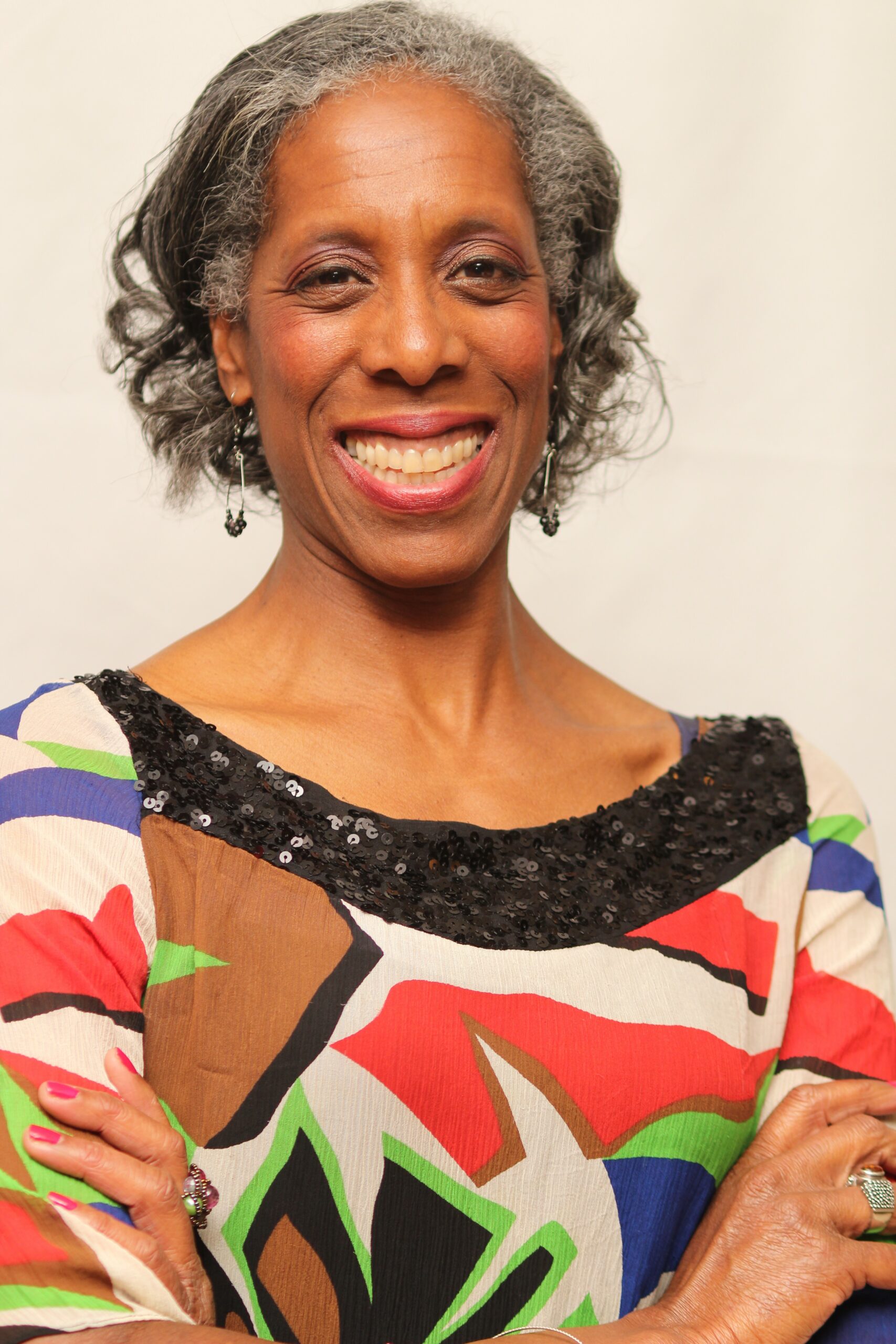Alright – so today we’ve got the honor of introducing you to Lysa Allman-Baldwin. We think you’ll enjoy our conversation, we’ve shared it below.
Lysa, thank you so much for joining us today. Let’s jump right into something we’re really interested in hearing about from you – being the only one in the room. So many of us find ourselves as the only woman in the room, the only immigrant or the only artist in the room, etc. Can you talk to us about how you have learned to be effective and successful in situations where you are the only one in the room like you?
That’s a very interesting question because for the majority of my life I’ve always been “the only one in the room that looks like me.”
As an African American who grew up in predominantly white neighborhoods, and then subsequently in jobs where 98% of the other people in the department or the company were other than black, it was sometimes a challenge. People underestimate you, they think you’re not as smart as everybody else, they question everything you do, say, wear, drive…even eat. And if you’re a woman on top of that in a male dominated industry or company, there’s that extra layer. And I apparently didn’t fit whatever stereotype, because I would always get comments like “You don’t sound like most black people.”
How I’ve learned to be effective and successful in those environments is just by being myself. I am a very outgoing person (what a friend calls a “Flaming Extrovert” to be exact), and I was told by my mother I have been that way since I was a toddler. She said that whenever she took me out in the stroller, I waved and talked to everybody! That hasn’t changed as I’ve gotten older and because of this, I feel perfectly comfortable if I’m in a situation where there are, say, 500 people in the room and I don’t know anybody at all. By just being myself, even if there are times where I feel a little subconscious, which is not very often, not only are other people put at ease but I suppose in a way I represent the opposite of the stereotype they are expecting. It’s kind of hard to articulate it, but there is a palpable change of attitude, body language, and how I’m spoken to when I just flow through the situation as if I belong there; As if I’m no different than anybody else.
Thanks for sharing that. So, before we get any further into our conversation, can you tell our readers a bit about yourself and what you’re working on?
My company is called Authenticity & Purpose LLC and I am a Keynote Speaker, Leadership Strategist, Workshop Facilitator, and Author offering leadership strategies that promote authentic and purposeful living.
It came about as the result of my life bottoming out in 2015 when a string of devastating events happened in my life within a 6-month period of time. I was so lost and depressed that I was on the brink of suicide, but the only reason I didn’t to do it was because I had two teenagers at the time, and I knew what that would do to them. But that actually made my mental and emotional pain worse because I felt like I was trapped in a box that I couldn’t leave and didn’t want to stay in either.
Two years later, after going to therapy and with a lot of support from my spiritual community, family, and friends, I self-published a book about that dark time in my life. It is called “I Cried. And People Loved Me Anyway.” In it, I remind people that we all have a “What happened story.” But it’s not the story that is important – It’s one simple question: What are you going to do with it?
What I learned from those devastating experiences and in writing the book is that in many ways we are unconscious victims to our past and/or current circumstances. As my therapist at the time put it to me, “We are all adults running around in five-year-old bodies,” and that little boy or little girl that was hurt so long ago is still stuck there.
That takes me back to the name of my company, Authenticity & Purpose. I teach people, whether personally or professionally, how to live more purposefully, authentically, and mindfully – particularly in a world that often doesn’t support that. It’s all about pulling our beliefs out from the shadows and operating them, instead of them operating us. And how to look for the lessons and blessings hidden within our experiences. Once we learn to do that, and practice it on a daily basis, we move into a wonderful new paradigm for living.
I’m fortunate and grateful that I have been asked to share my story and work in a variety of settings from leadership teams for major organizations to company employee resource groups, human resources personnel, in educational institutions, spiritual communities, at annual meetings and conventions, and more. I absolutely love what I do and every time I learn something new about how to show up in my full authenticity.
There is so much advice out there about all the different skills and qualities folks need to develop in order to succeed in today’s highly competitive environment and often it can feel overwhelming. So, if we had to break it down to just the three that matter most, which three skills or qualities would you focus on?
The most significant one for me is knowing that I am enough just the way I am. And that when I believe in myself, wholly and completely, which doesn’t mean to say that it isn’t challenging at times, the harmony and joy that I experience makes a difference in everything I think, say, and do.
I would also say that making true heartfelt connections with others is what helps us grow and flow through life. No matter our age, income, education level, religious or political affiliations, ethnic background, nationality, native language, and so forth, we are much more alike than we are different. So connecting with other people and learning about them, while also sharing about yourself and your life, is a crucial skill to success, whether personally or professionally.
The third would be continuing to seek knowledge. That could be from taking classes, or attending a seminar, enrolling in a coaching program, reading a book or watching a documentary that is in an area that we typically wouldn’t think would be of interest to us, etc. This has been extremely beneficial and helped to significantly widen the lens and perspective through which I view the world around me.
Who is your ideal client or what sort of characteristics would make someone an ideal client for you?
My ideal clients are those in leadership roles (e.g. heads of human resource departments, C-Suite executives, employee resource groups, frontline employees, etc.), meeting and event planners, and college and university student enrichment and wellness coordinators who want to help people identify and move through their pain points to not just survive but thrive! I offer four basic signature programs (Empowerment, Resilience, Revision, and Personal Based Leadership) that I use as a framework for customizing my keynotes, workshops, and breakout groups to fit the specific needs, goals, and desires of the organization. My work is all about providing effective tools and strategies to identify and maximize individual and collective strengths and growth areas.
Contact Info:
- Website: www.AuthenticityAndPurpose.com
- Instagram: @authenticityandpurpose4life
- Facebook: @AuthenticityAndPurpose
- Linkedin: www.linkedin.com/in/lysaallmanbaldwin
- Twitter: @AuthenticPurpos (note: that is correct that the “e” is missing from the end, due to character restrictions)
- Youtube: https://www.youtube.com/@LysaAllmanBaldwin
- Other: Speaker Info Kit – https://bit.ly/379SviY
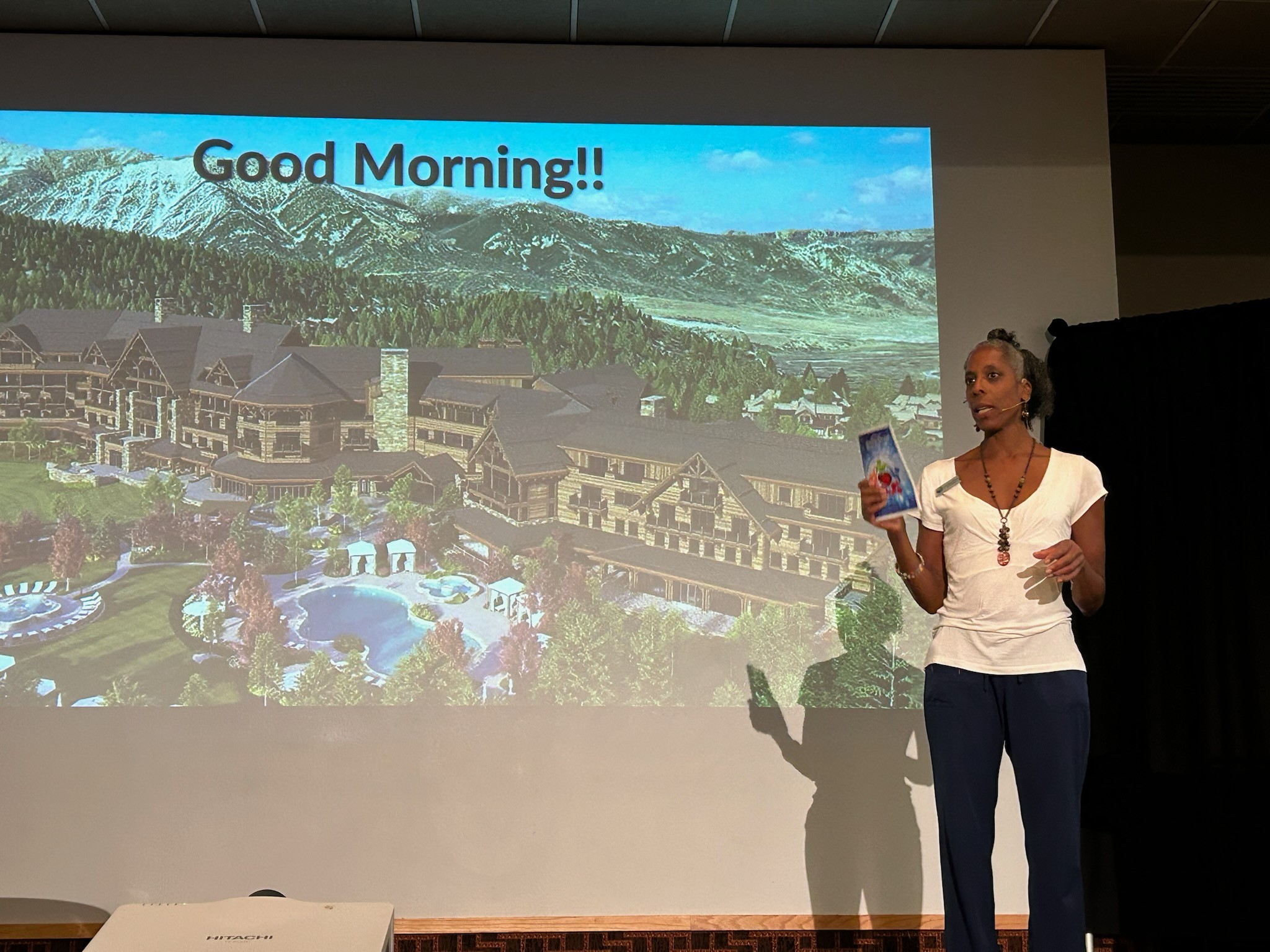
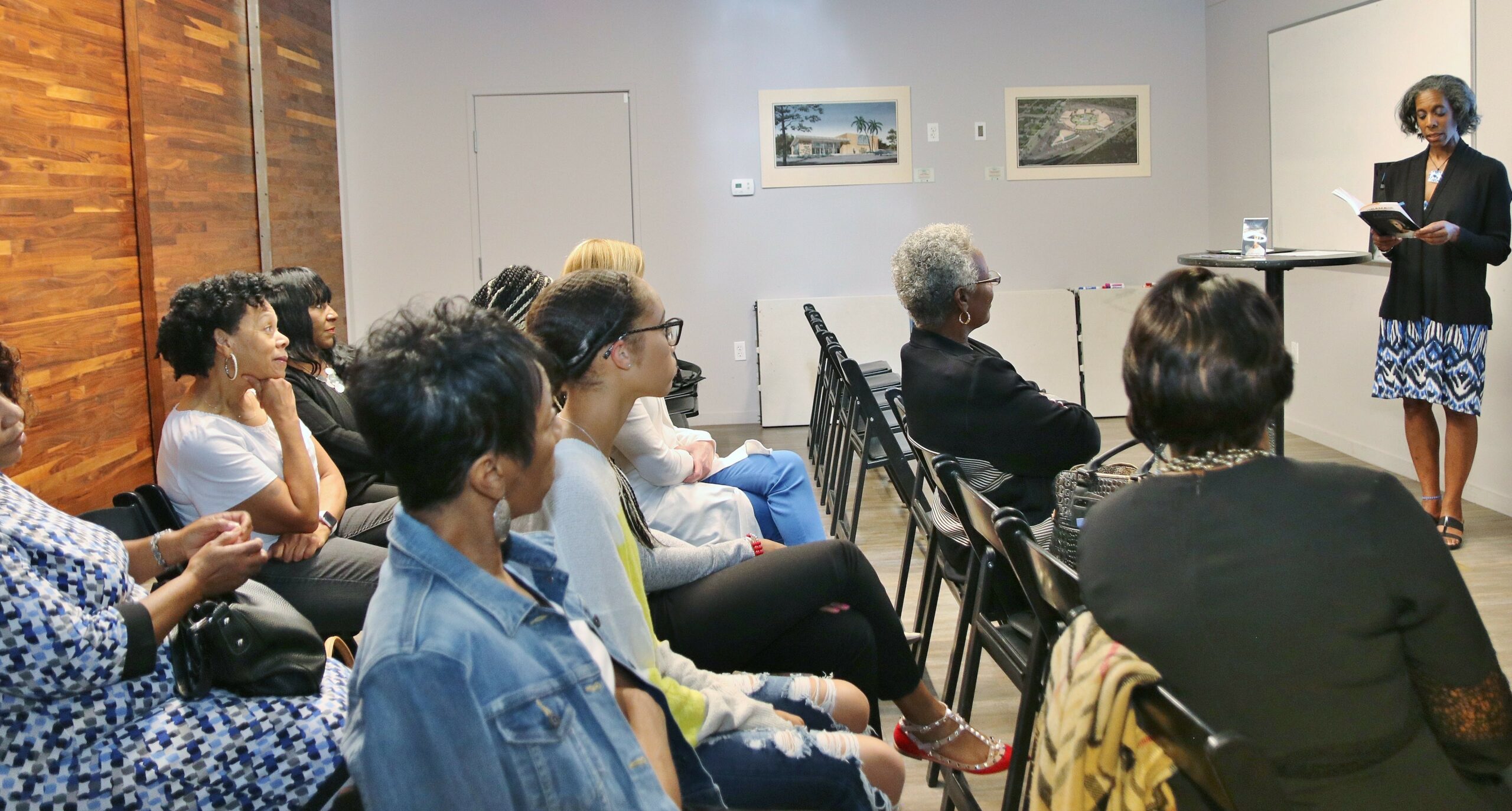
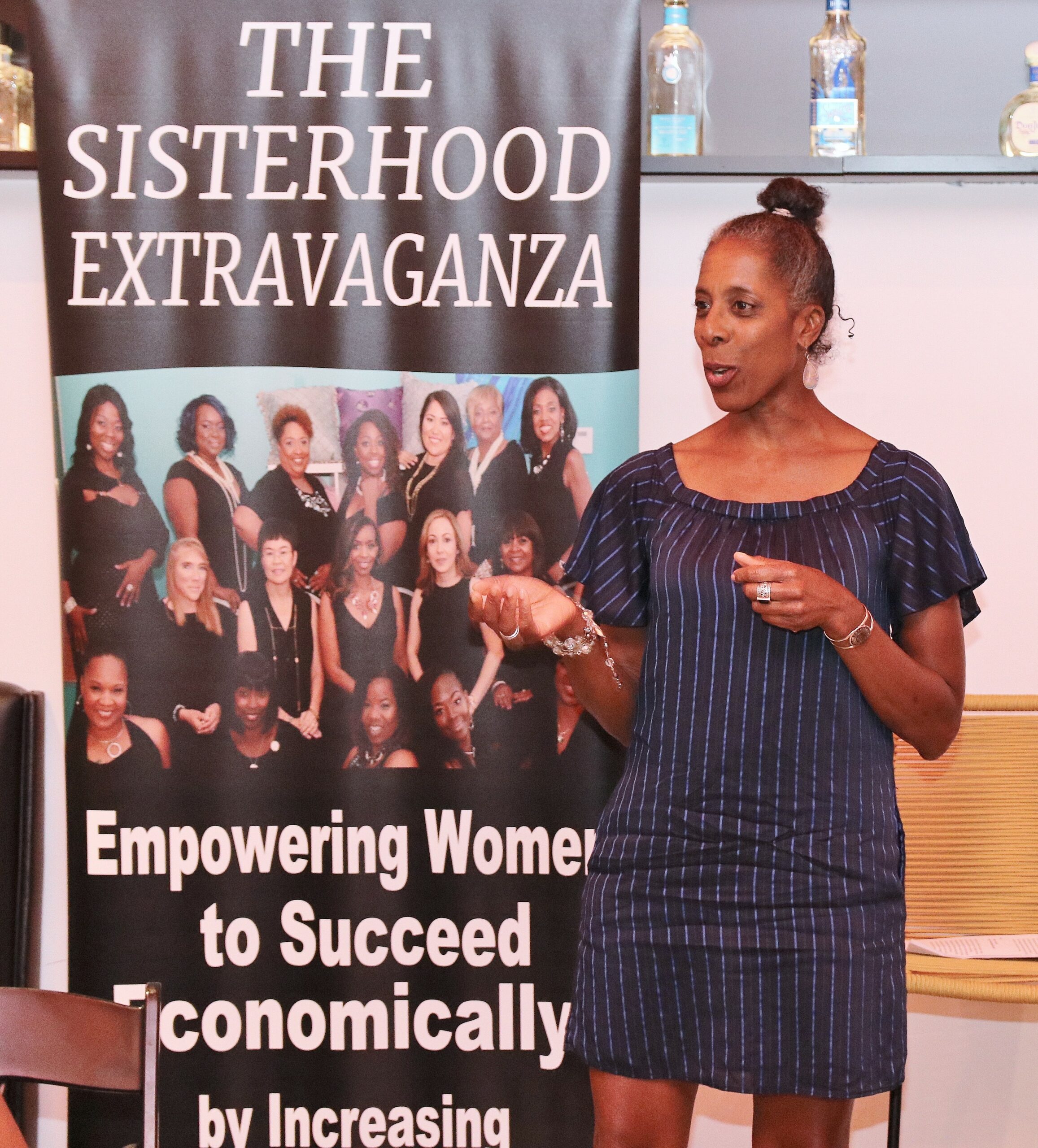
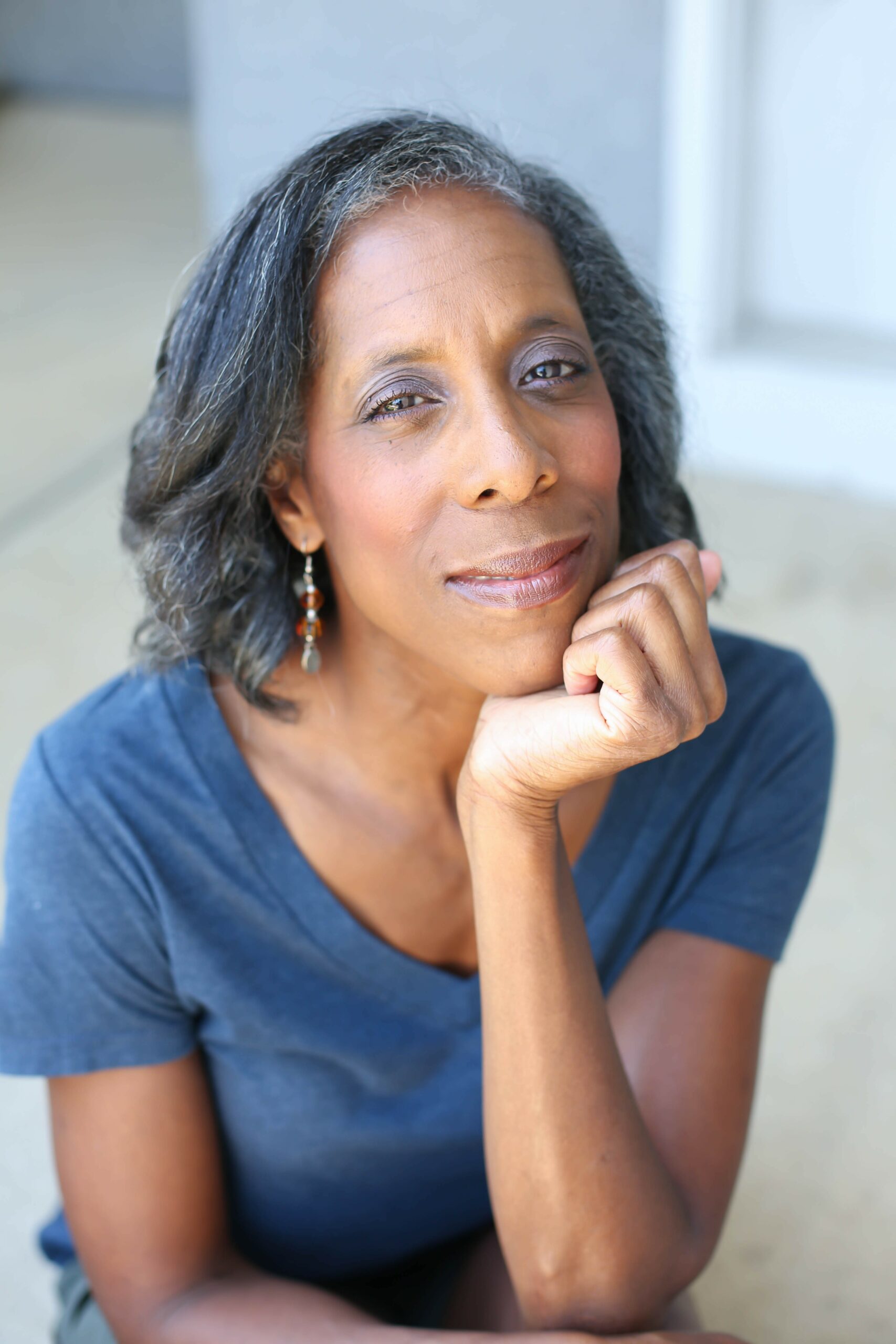
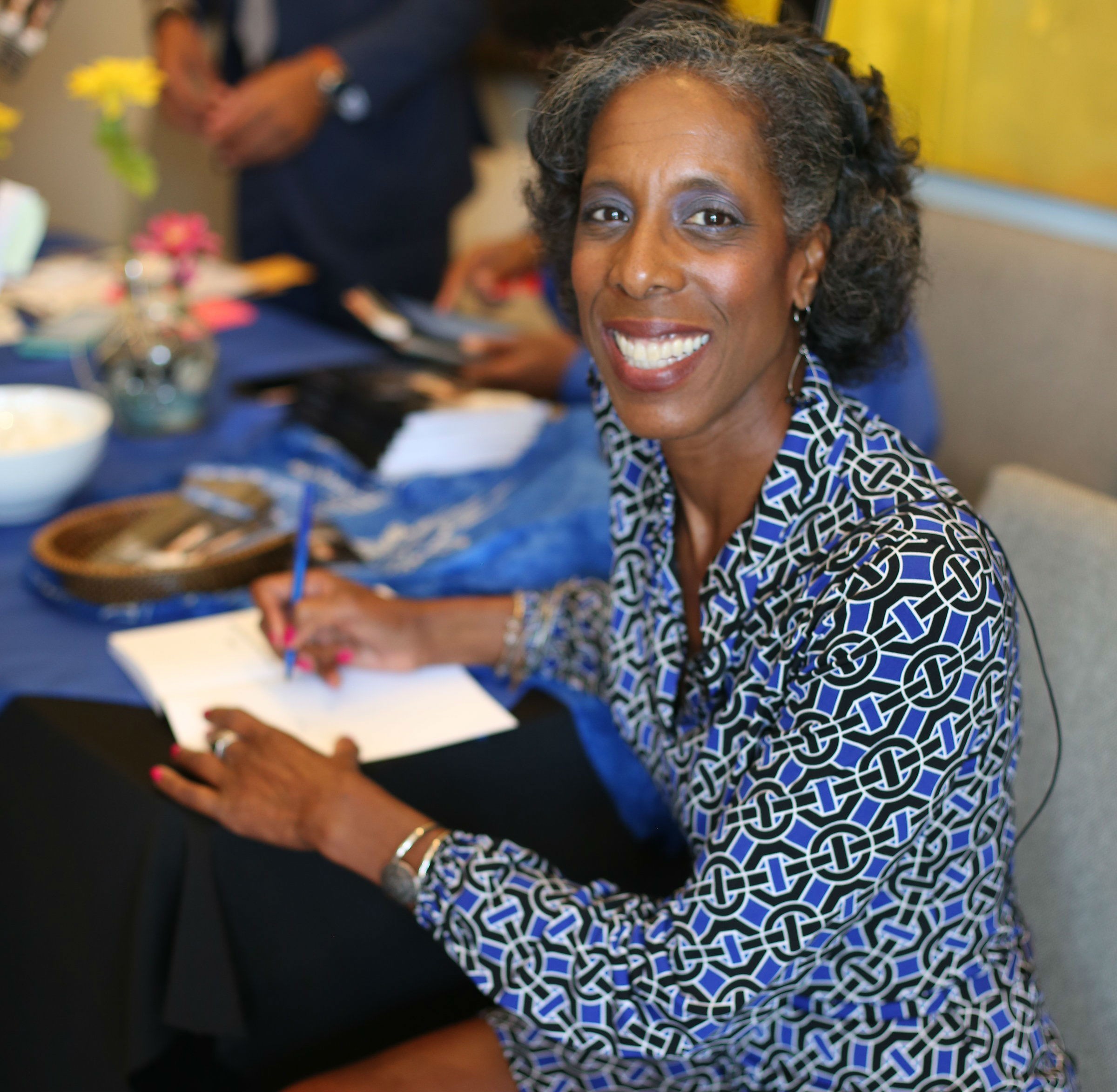
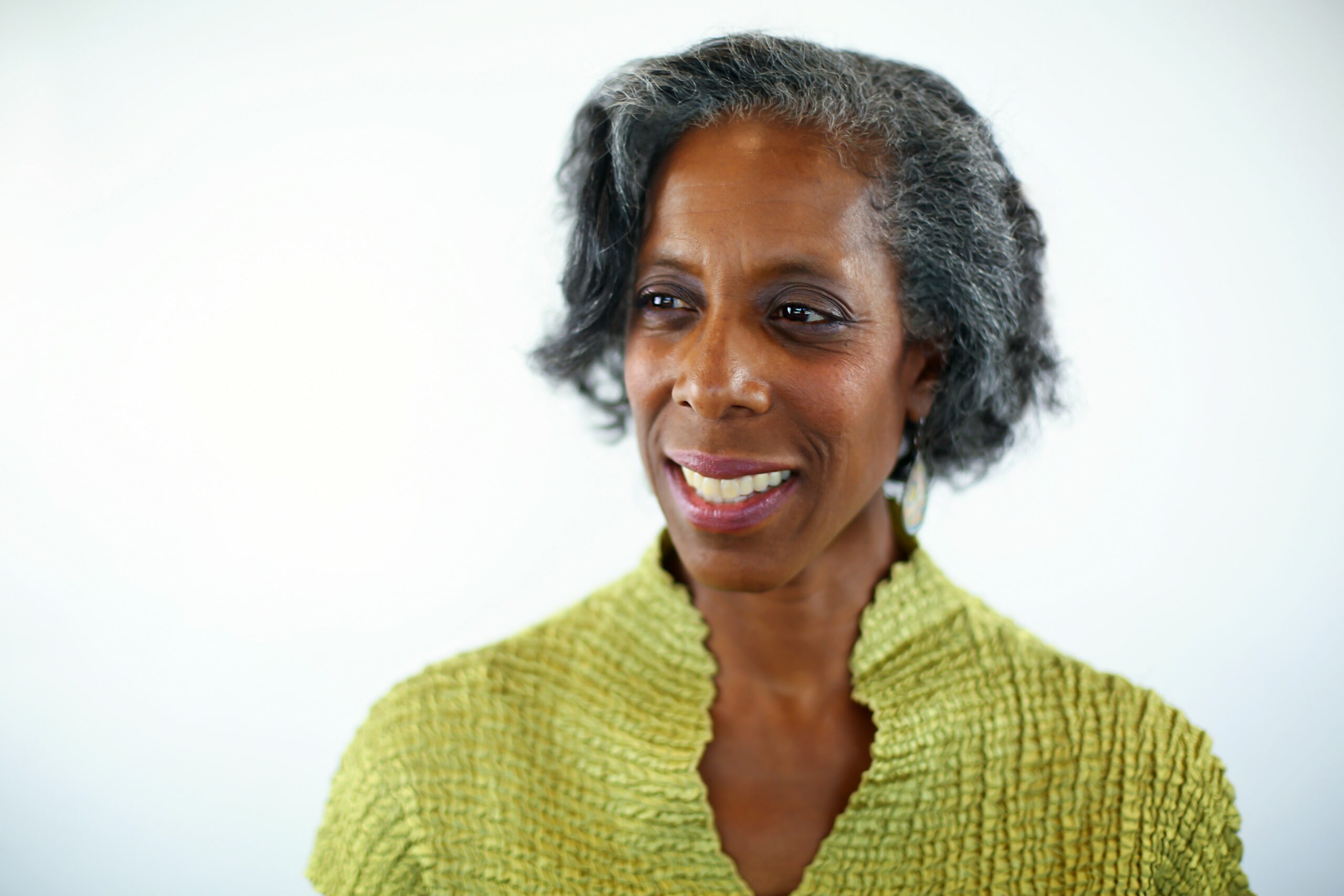
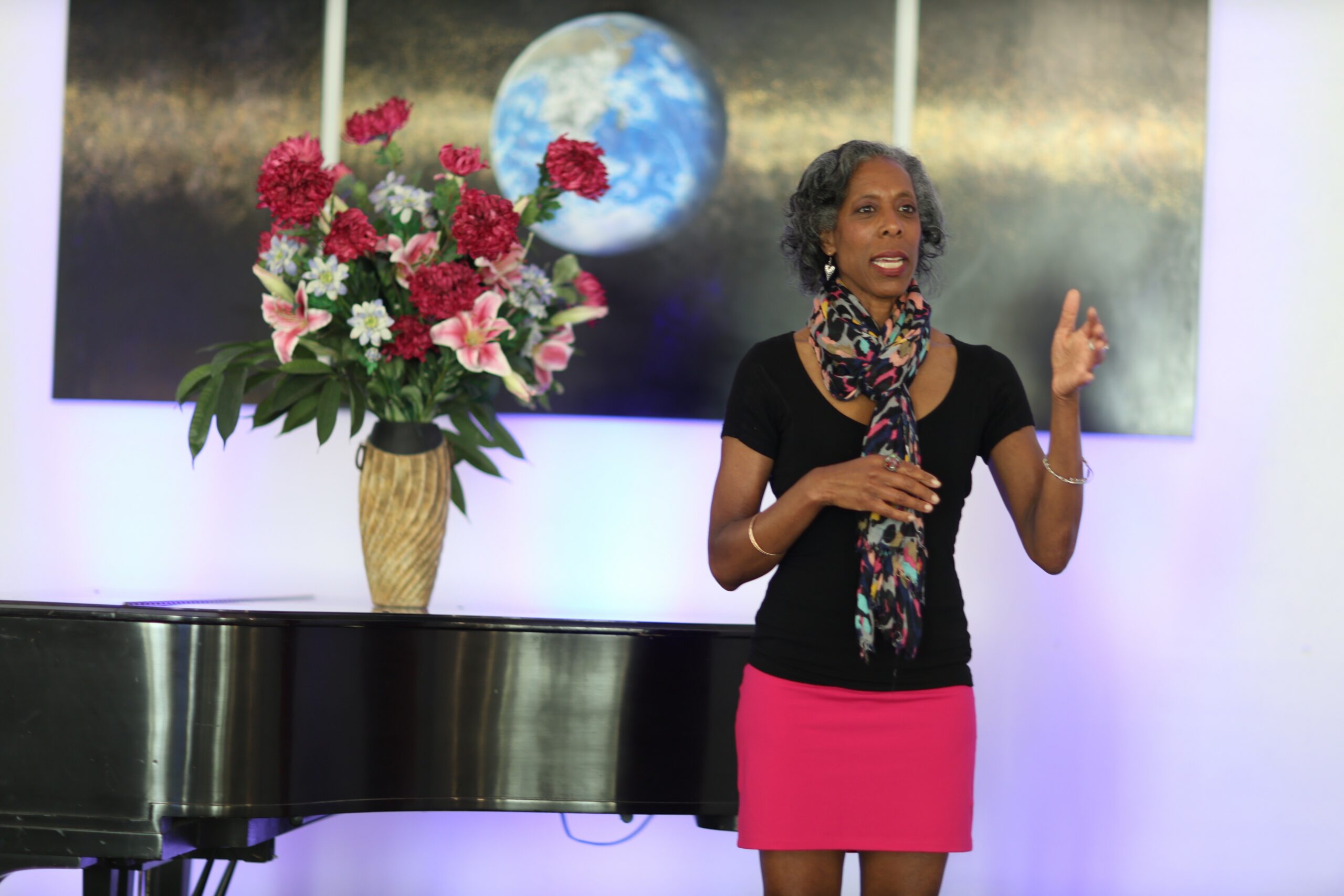
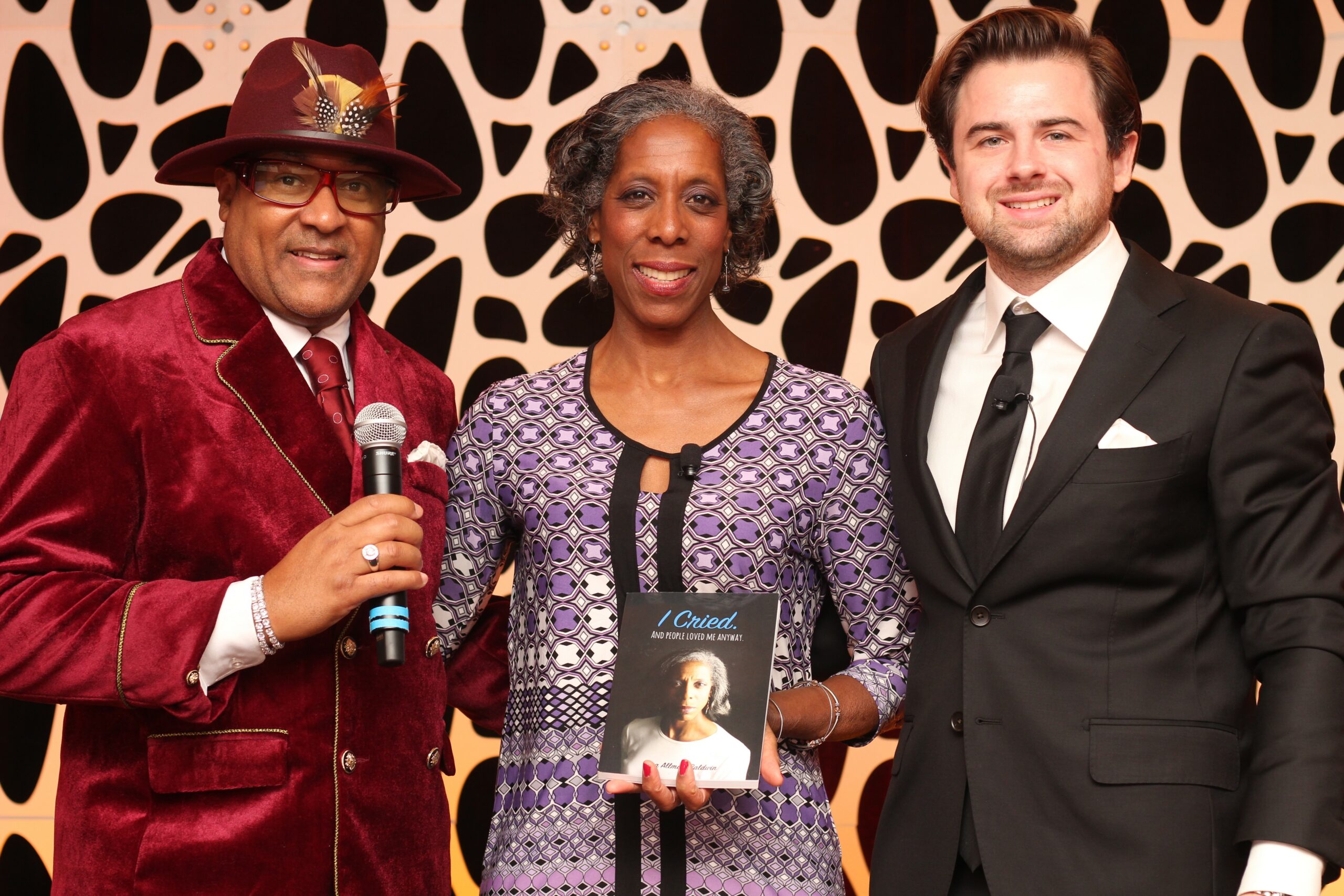
Image Credits
“Copyright use provided to Lysa Allman-Baldwin”

